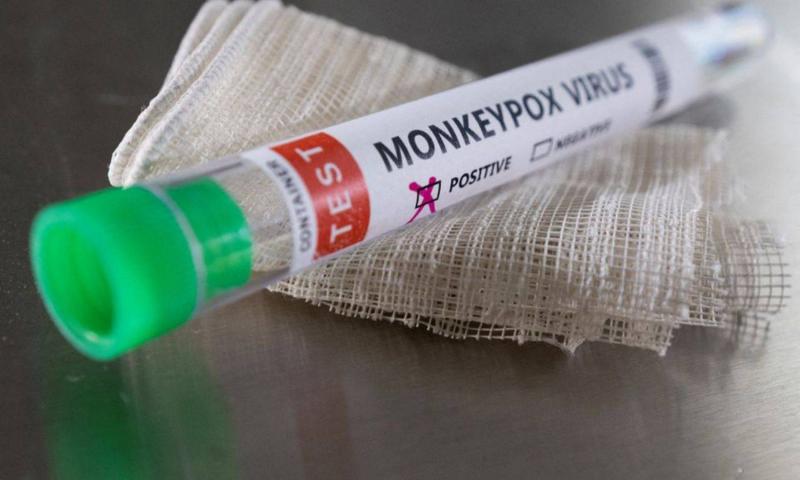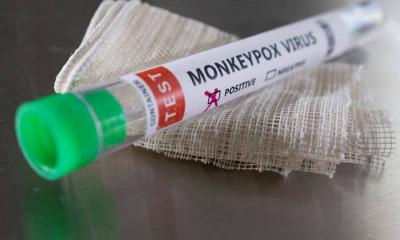Researchers investigating the genetic makeup of monkeypox have revealed that the virus has mutated at an unprecedented rapid rate. Portuguese researchers found in a study published in the medical journal "Nature Medicine" 50 genetic mutations in the viruses they studied, whereas typically only five to ten mutations are expected. The researchers came to their conclusions after collecting 10 monkeypox viruses, most of which were in Portugal, according to the British newspaper "Independent." They stated, "What one would expect, based on previous studies of other orthopox viruses, of which monkeypox is one type, is that mutations would not exceed 12 at most."
In an interview with "Newsweek," João Paulo Gomes, head of the genomics and bioinformatics unit at the National Health Institute in Portugal and a co-author of the study, noted that the number of mutations was "entirely unexpected." Gomes added, "These results could indicate a rapid evolution of the virus; it is likely that the current circulating monkeypox is a descendant of the virus that spread in Nigeria in 2017, meaning that the mutation count should not exceed 10, but we observed 50."
Gomes concluded, "We hope that specialized groups will now conduct laboratory experiments to understand whether the 2022 virus has increased its transmissibility." Over 3,500 cases of monkeypox have been reported in 44 countries as of Thursday, according to the Centers for Disease Control and Prevention.
The World Health Organization announced on Saturday that monkeypox has not yet reached a global health emergency status, although its director-general, Tedros Adhanom Ghebreyesus, stated that he is very concerned about the outbreak. Tedros remarked, "I am very worried about the spread of monkeypox, and it is clearly an evolving health threat that my colleagues and I are closely monitoring at the WHO." The classification of "global emergency" currently only applies to the COVID-19 pandemic and ongoing efforts to eliminate poliomyelitis, and the WHO has backed away from including monkeypox in this classification after advice from an international expert meeting.




